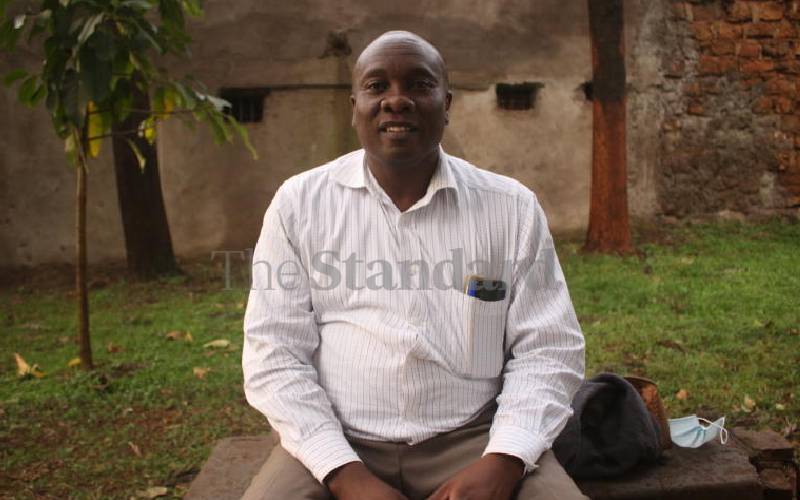×
The Standard e-Paper
Kenya’s Boldest Voice

Thomson Osoro, a human Rights Activist in Kisii County. [Sammy Omingo, Standard]
In his quest for justice, he has filed in court public interest cases in a bid to save society from human rights violations.